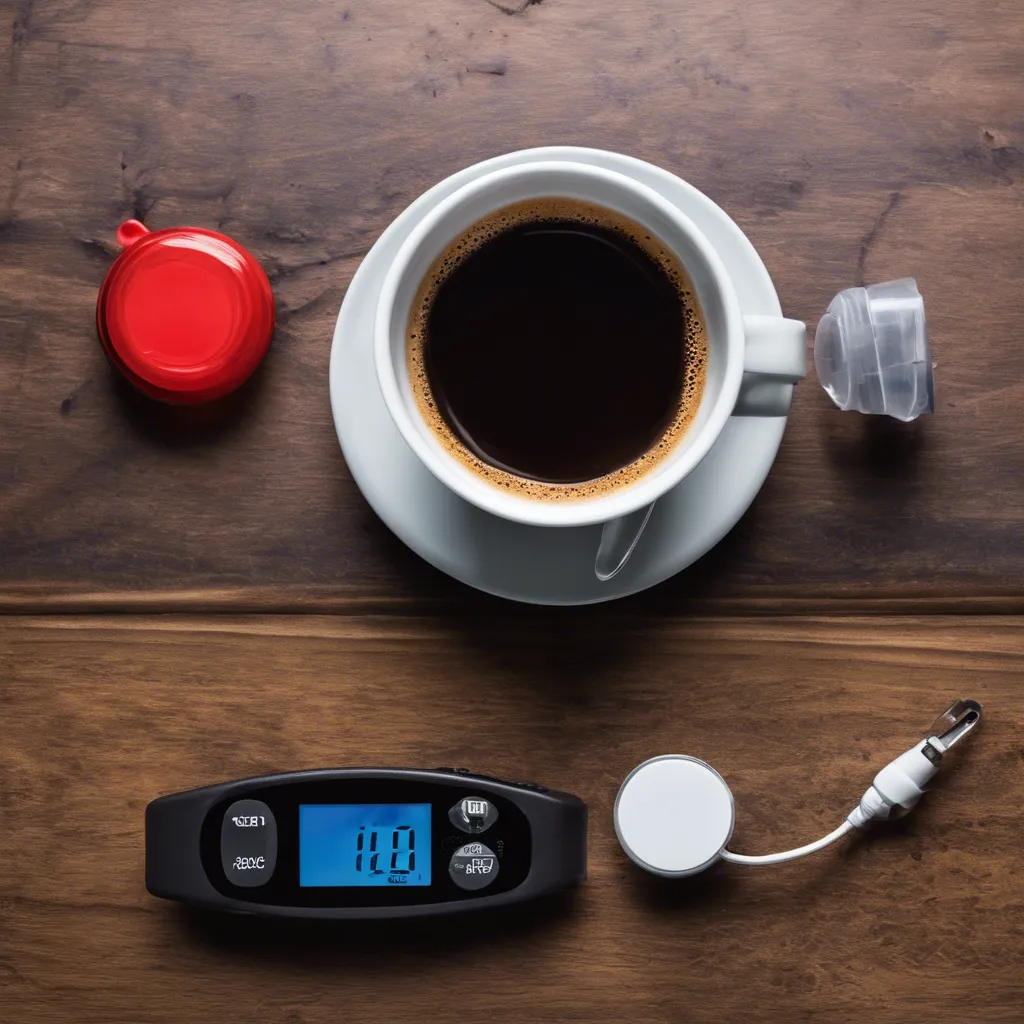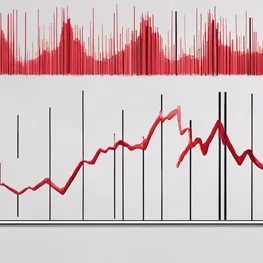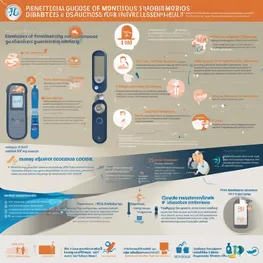Table of contents
- The Impact of Caffeine on Blood Sugar Levels
- Caffeine: A Promising Aid in Controlling Diabetes
- Maximize the Benefits of Caffeine with These Expert Tips
- Additional Factors to Consider when Controlling Blood Sugar Levels
In today's fast-paced world, caffeine has become a daily necessity for many. But have you ever wondered how it affects your blood sugar levels? In this article, we will explore the impact of caffeine on blood sugar and its potential implications for overall health. From the jolt it provides to its potential risks, understanding the relationship between caffeine and blood sugar is crucial for making informed choices about your daily consumption.
The Impact of Caffeine on Blood Sugar Levels
Caffeine is a widely consumed stimulant that is found in coffee, tea, energy drinks, and other popular beverages. Although it is known for its ability to increase alertness and improve focus, it also has an impact on blood sugar levels in some individuals.
-
Stimulates the Release of Glucose
Caffeine stimulates the release of glucose from the liver into the bloodstream. This leads to an increase in blood sugar levels, especially in individuals who are sensitive to caffeine. The release of glucose is a natural response to the body's fight-or-flight response, which is triggered by the presence of caffeine.
-
Reduces Insulin Sensitivity
Caffeine has been shown to reduce insulin sensitivity in some individuals. Insulin is a hormone that helps regulate blood sugar levels by facilitating the uptake of glucose into cells. When insulin sensitivity is reduced, the body may have difficulty efficiently processing glucose, leading to higher blood sugar levels.
-
Interferes with Glucose Transport
In addition to reducing insulin sensitivity, caffeine can also interfere with the transport of glucose into cells. This can further contribute to higher blood sugar levels, as the body is unable to effectively utilize the glucose in the bloodstream.
-
Individual Variations
It is important to note that the impact of caffeine on blood sugar levels can vary greatly among individuals. Some people may experience a significant increase in blood sugar, while others may not be affected at all. Factors such as genetics, overall health, and caffeine tolerance can play a role in determining an individual's response to caffeine.
-
Maintaining Balance
For individuals with diabetes or those at risk of developing diabetes, it is essential to monitor caffeine intake and its effect on blood sugar levels. It may be necessary to limit or moderate caffeine consumption to maintain stable blood sugar levels and overall health.
Caffeine: A Promising Aid in Controlling Diabetes
For individuals with diabetes, carefully monitoring caffeine intake is important as it may affect blood sugar levels and insulin sensitivity. Consulting with a healthcare professional can help establish a suitable caffeine consumption plan.
Maximize the Benefits of Caffeine with These Expert Tips
Moderation is crucial when it comes to consuming caffeine. While it can provide benefits like increased alertness and concentration, excessive intake can lead to side effects such as jitteriness and disrupted sleep patterns. It is important to find a balance and limit caffeine intake to maximize its benefits.
Additional Factors to Consider when Controlling Blood Sugar Levels
When it comes to controlling blood sugar levels, it's crucial to take into account the broader context of caffeine consumption. Specifically, understanding the type of beverage or food that contains caffeine can greatly impact its effects on blood sugar regulation.
-
Beverage Type
Different beverages contain varying levels of caffeine. For example, while a cup of black coffee can provide a substantial caffeine boost, other drinks like tea or energy drinks may also contribute to caffeine intake. Considering the beverage type is important because it affects the overall quantity of caffeine ingested and its subsequent impact on blood sugar levels.
-
Food Pairings
Caffeine consumption can also be influenced by the presence of certain foods. Pairing caffeine-containing beverages or foods with items that have a high glycemic index can affect blood sugar levels. For instance, having a sugary pastry with a cup of coffee can cause a rapid rise in blood glucose, while combining caffeine with protein or fiber-rich foods can help in maintaining stable blood sugar levels.
-
Timing of Consumption
The timing of caffeine consumption is another essential consideration. Consuming caffeine on an empty stomach may lead to a more pronounced effect on blood sugar levels compared to consuming it with a meal. Additionally, drinking caffeinated beverages in the evening or close to bedtime can disrupt sleep patterns, which can indirectly impact blood sugar control the next day.
In conclusion, caffeine has been found to have a noticeable impact on blood sugar levels. While it can temporarily raise blood sugar in individuals with diabetes or insulin resistance, it does not seem to have a long-term effect on glycemic control. However, for those who are at risk for developing diabetes or have existing blood sugar management issues, it is advisable to moderate caffeine consumption and be aware of the potential impact on their blood sugar levels. Overall, further research is needed to fully understand the mechanisms by which caffeine affects blood sugar, as well as its long-term implications on metabolic health.
Frequently asked questions related to impact of caffeine on blood sugar levels
Does caffeine raise blood sugar levels?
Caffeine itself does not directly raise blood sugar levels. However, it can affect insulin sensitivity and how the body uses glucose, which may indirectly impact blood sugar levels.
Should people with insulin resistance limit their caffeine intake?
It may be beneficial for individuals with insulin resistance to limit their caffeine intake. Caffeine can negatively impact insulin sensitivity, which can further contribute to difficulties in blood sugar management.
Can decaffeinated coffee affect blood sugar levels?
Decaffeinated coffee typically has a minimal effect on blood sugar levels as it contains very little caffeine. However, other components of decaffeinated coffee, such as the antioxidants, may have beneficial effects on glucose metabolism.
What are the effects of caffeine on glucose metabolism?
Caffeine can stimulate the release of adrenaline, which can inhibit the uptake of glucose by muscle cells and increase the release of glucose from the liver. This can result in elevated blood sugar levels.
How much caffeine is safe to consume daily?
The recommended safe daily intake of caffeine varies depending on individual sensitivity and health factors. In general, consuming up to 400 mg of caffeine per day is considered safe for most healthy adults.
What are some alternatives to caffeinated beverages?
If you want to reduce your caffeine intake, there are several alternatives to caffeinated beverages, such as herbal teas, infused water, or caffeine-free versions of your favorite drinks.
Should I avoid caffeine altogether?
Whether to avoid caffeine altogether depends on individual health factors and tolerance. While moderate caffeine consumption is generally safe for most individuals, it is important to listen to your body and consult with a healthcare professional if you have any concerns.
Is caffeine safe for people with diabetes?
In moderation, caffeine is generally considered safe for individuals with diabetes. However, it is important to monitor blood sugar levels and pay attention to any negative effects such as increased jitteriness or sleep disturbances.
How does caffeine affect insulin sensitivity?
Caffeine has been shown to decrease insulin sensitivity, which means the body may need to produce more insulin to keep blood sugar levels stable. This can be problematic for individuals with diabetes or insulin resistance.
Can caffeine cause a spike in blood sugar levels?
While caffeine does not cause a spike in blood sugar levels on its own, it can potentially lead to an increase if consumed with high-sugar or high-carbohydrate foods or drinks.







